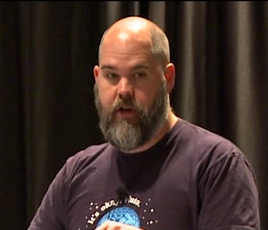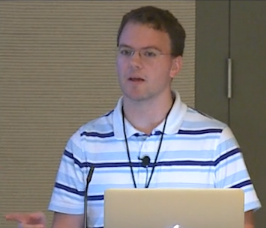C++11 is the second "most loved" language/technology on StackOverflow according to the survey
In case you missed it, an interesting data point about how much programmers appreciate the improvements in C++11 (and 14) compared to C++98. As Stroustrup frequently says, C++11 feel like a new language. Note “love” means in the sense of “enjoy programming in”… more people are willing to say they enjoy programming in modern C++, and C++11 truly was a turning point and progress is continuing:
C++11 is the second "most loved" language/technology on StackOverflow according to the survey

 Come see a nice product review:
Come see a nice product review:
 While we wait for CppCon 2015 in September, we’re featuring videos of some of the 100+ talks from CppCon 2014. Here is today’s feature:
While we wait for CppCon 2015 in September, we’re featuring videos of some of the 100+ talks from CppCon 2014. Here is today’s feature: While we wait for CppCon 2015 in September, we’re featuring videos of some of the 100+ talks from CppCon 2014. Here is today’s feature:
While we wait for CppCon 2015 in September, we’re featuring videos of some of the 100+ talks from CppCon 2014. Here is today’s feature: